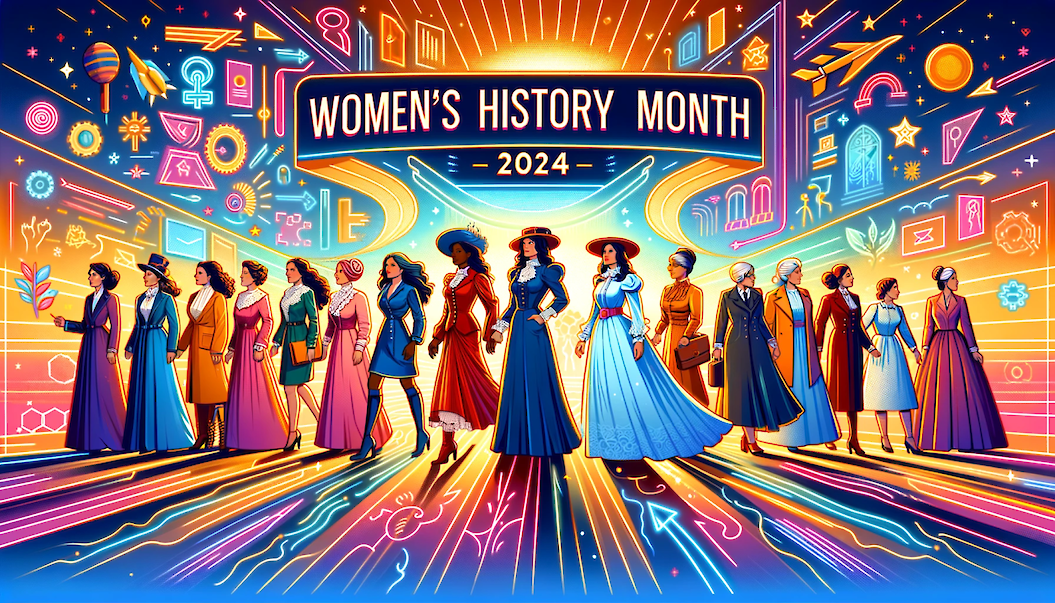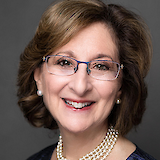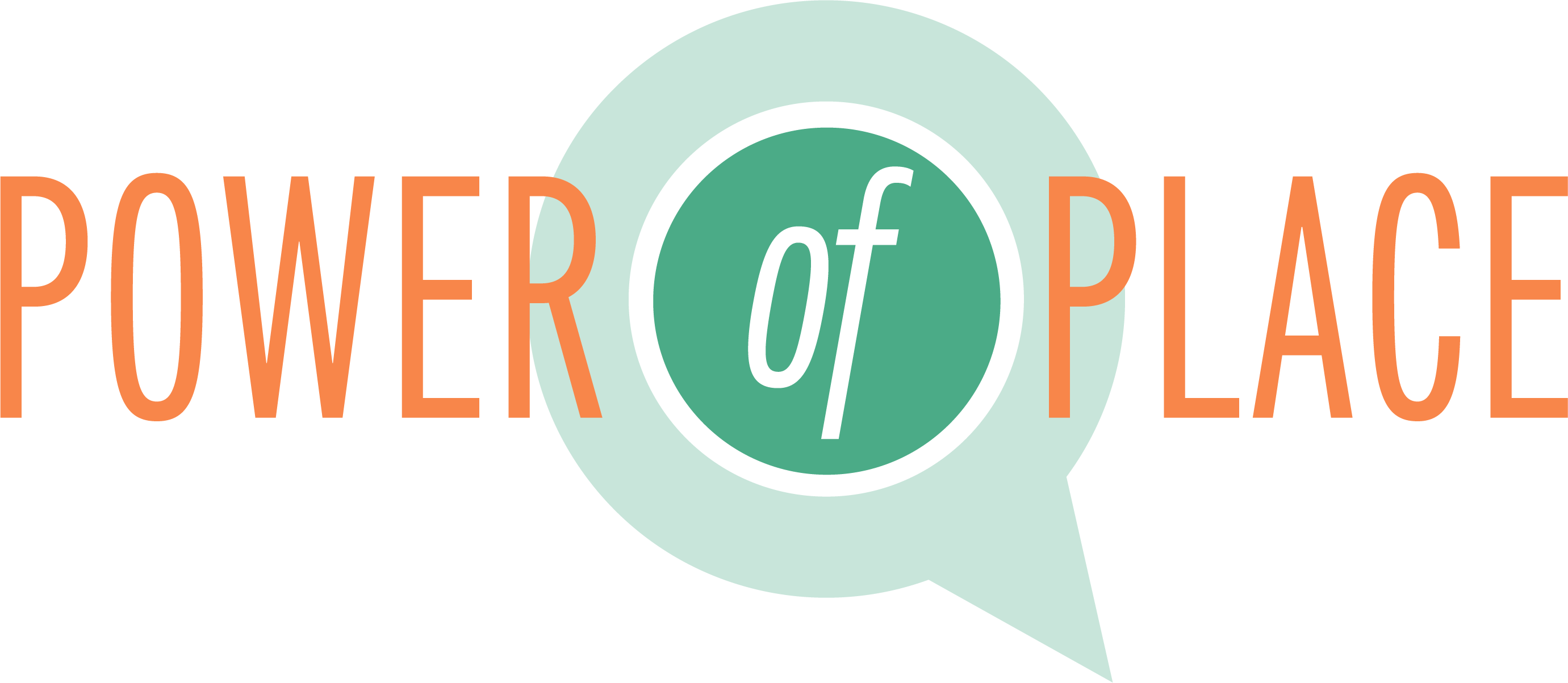March 22, 2024 Read Time:
women's history month
Every March, in honor of National Women’s History Month, the National Women’s Hall of Fame honors 10 women who have effected positive change in the world. This year’s winners include physicians, civil rights activists, scholars, and a tennis champion. Previous hall-of-famers have included Louisa May Alcott, Maya Angelou, Sandra Day O'Connor, Amelia Earhart, Rosa Parks, Sacagawea, Harriet Tubman, and Oprah Winfrey.

This year Peggy McIntosh, the founder of the National SEED Project, one of our cherished partners, is on the list for coining the term “white privilege” and generating an enduring body of work. Clearly, she is in excellent company. We could not be more proud.
Women's History Month traces back to 1857 when American women in New York City protested working conditions in the textile and garment industry. The declaration of International Women’s Day in 1911 eventually led to the establishment, in 1980, of Women’s History Week. In 1987, at the request of women's organizations, museums, libraries, youth leaders, and educators throughout the country, the National Women's History Project successfully petitioned Congress to devote an entire month to celebrating women’s accomplishments. This year’s theme is “Women Who Advocate for Equity, Diversity, and Inclusion.”
So many extraordinary women have inspired me over the years – far too many to list here. But I decided to challenge myself to identify three American women from the past who have influenced my thinking and inspired me as a community builder and social justice advocate.
Jane Addams. I first read about Addams in middle school. She was a social worker, a public administrator, and a reformer recognized as the founder of the social work profession in the United States during the Progressive Era. In 1931, Addams became the first American woman to be awarded the Nobel Peace Prize. What impressed me most was her involvement in the settlement house movement. Addams co-founded Chicago's Hull House, which provided extensive social services to poor, largely immigrant families. Addams challenged the one-size-fits-all nature of the education system; she wanted Hull House to offer people time, space, and tools for thinking independently and creatively. Addams’ talents as a community builder and her devotion to the humane treatment of people regardless of their “station” in society continue to inform my thinking about how to humanize our education system.
Marva Collins. I first learned about Collins while watching a 1979 episode of “60 Minutes," and was mesmerized. This black Chicago school teacher founded the Westside Preparatory School on the second floor of her home, frustrated by how students of color were treated by the education system. There, students were assumed to be brilliant and capable of deep learning. Over the years, critics lashed out at her, insinuating that Collins was a “hoax” and “too good to be true.” Sixteen years after the first episode aired, “60 Minutes” returned to Westside Prep 16, bringing Collins together with the school’s alumni for a reunion. All the adults who had been her students were gainfully employed; some had reached the pinnacle of their chosen fields. You can see it for yourself in this video. Years later, I learned that Collins was a “warm demander,” someone who shows utmost respect for students, holds high expectations, and infuses the classroom environment with both discipline and love. Thanks to Collins, I aim to braid together rigor and relationships, and recognize that the most effective learning environments for students (and adults, for that matter) make room for both.
Barbara Myerhoff. My great-aunt Nell (herself a pioneering woman) introduced me to Myerhoff, an anthropologist who helped shape the field of social-cultural anthropology by uniquely combining social science analysis and narrative storytelling. She first studied the Hoichol Indians of Northern Mexico, focusing on a pilgrimage that was an annual ritual. I fell in love with her book, “Number Our Days,” about elderly Jews at a Senior Center in Venice, California. The research was supported by a five-year grant from the National Science Foundation and, in 1979, was included as one of the year's 10 best Social Science books by the New York Times. A documentary film of the same name won an Oscar for best short documentary. What I most appreciated about Myerhoff, who died of cancer at 49, was her warmth and deep appreciation of those whose lives she documented. She did not position herself above them but walked alongside them as an equal participant. I took her stance to heart when interviewing middle and high school teachers in Massachusetts for my doctoral dissertation.
I could name so many more, including contemporary women who inspire me every day. Many of you are on that list.
Which women, past or present, are in your personal hall of fame? Feel free to email me with stories at jfeinberg@powerofplacelc.org or use this Jamboard to post the names of those who have influenced you and tell us how they’ve been an inspiration.

